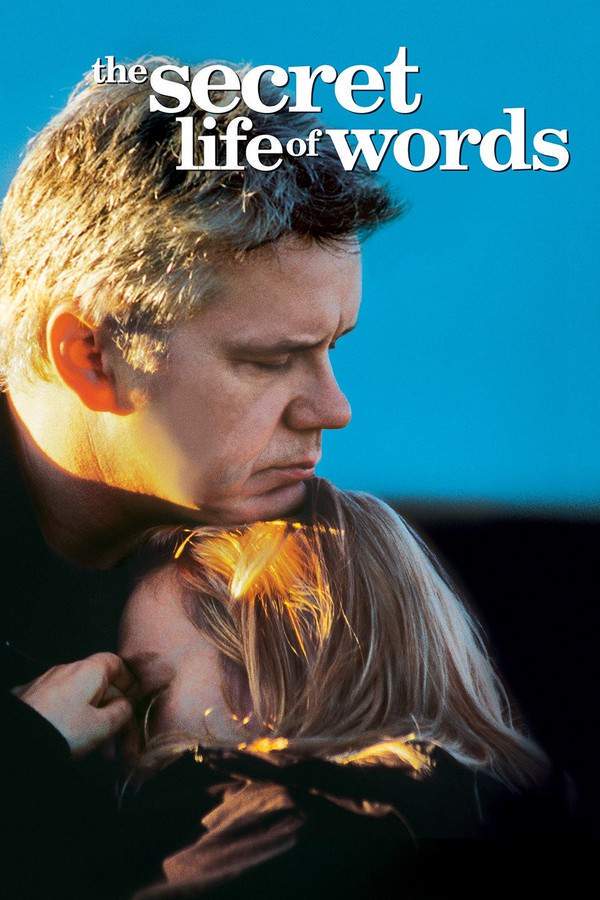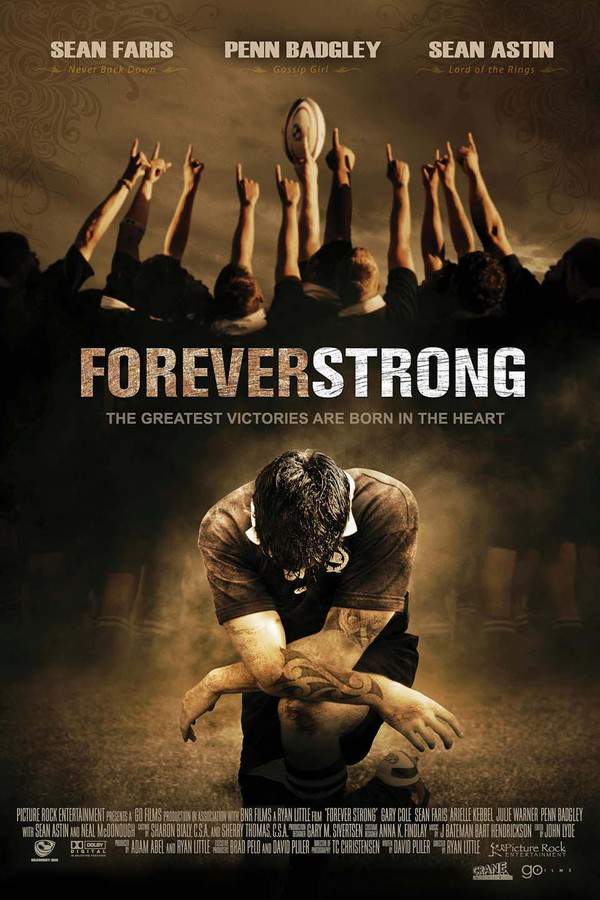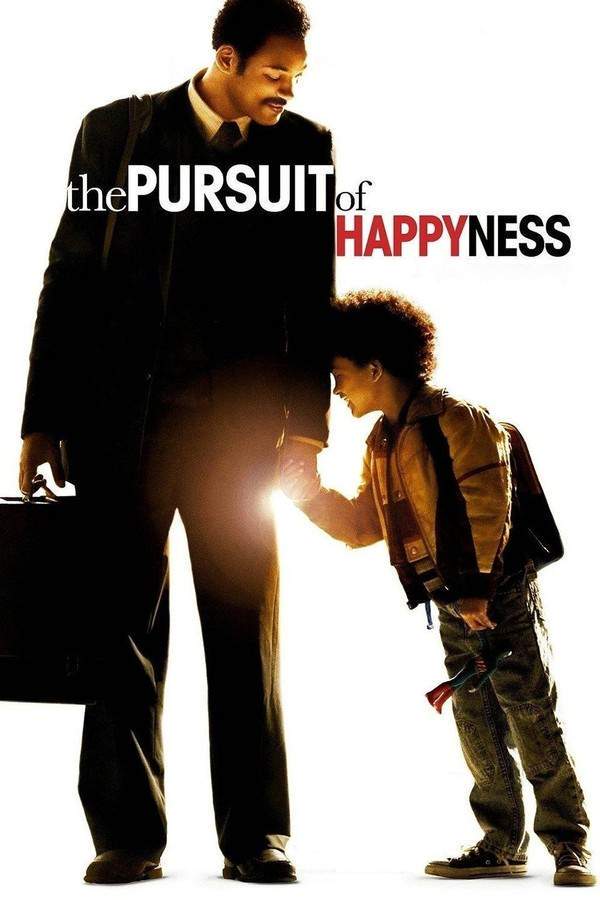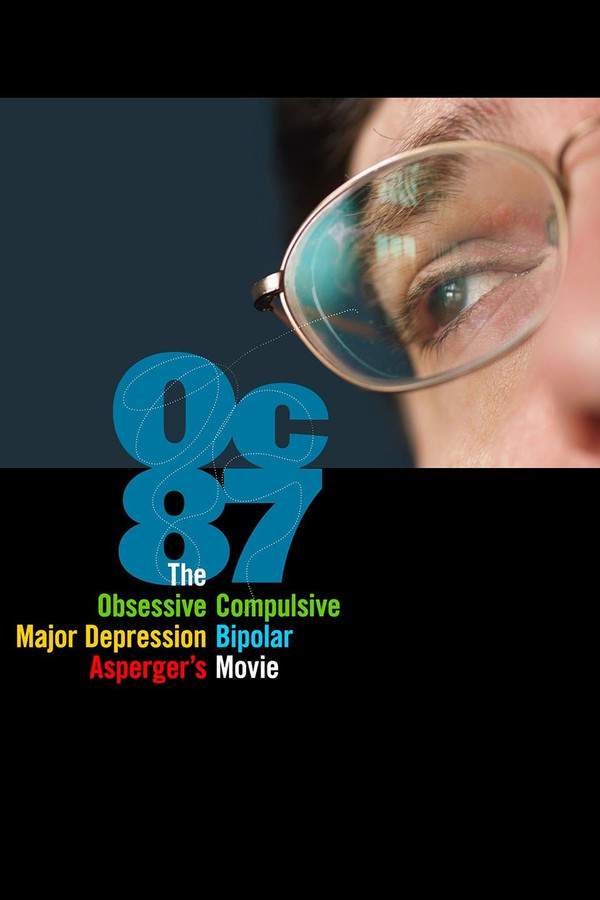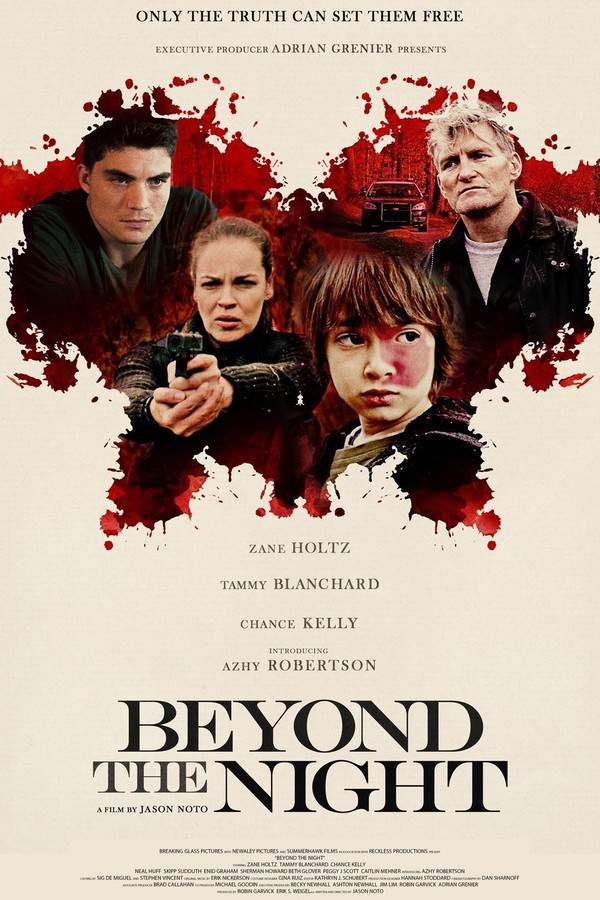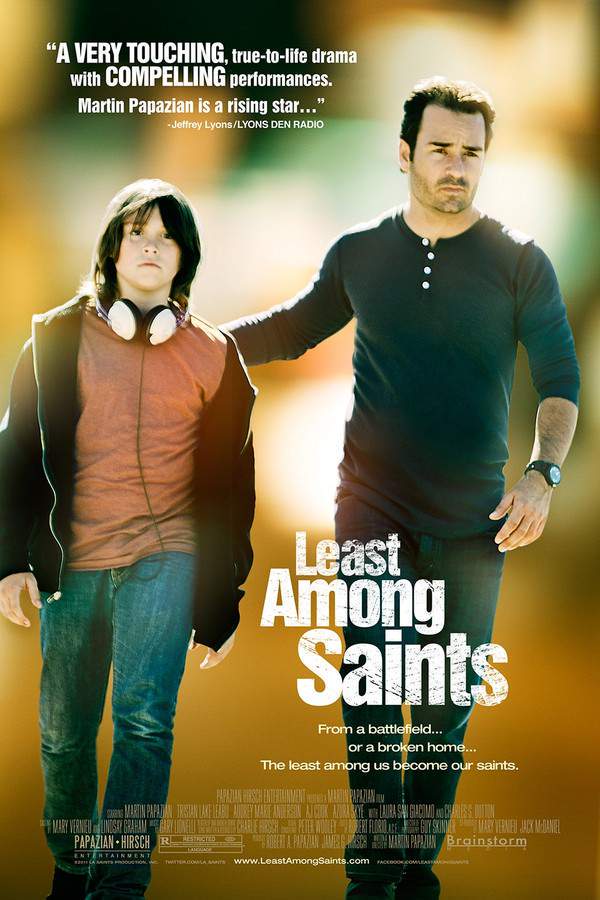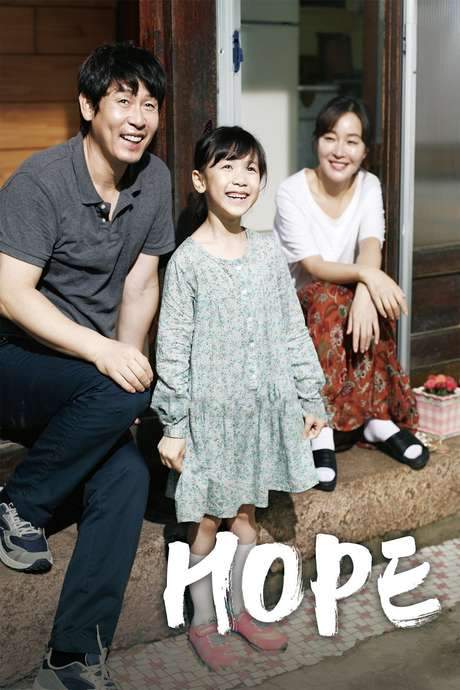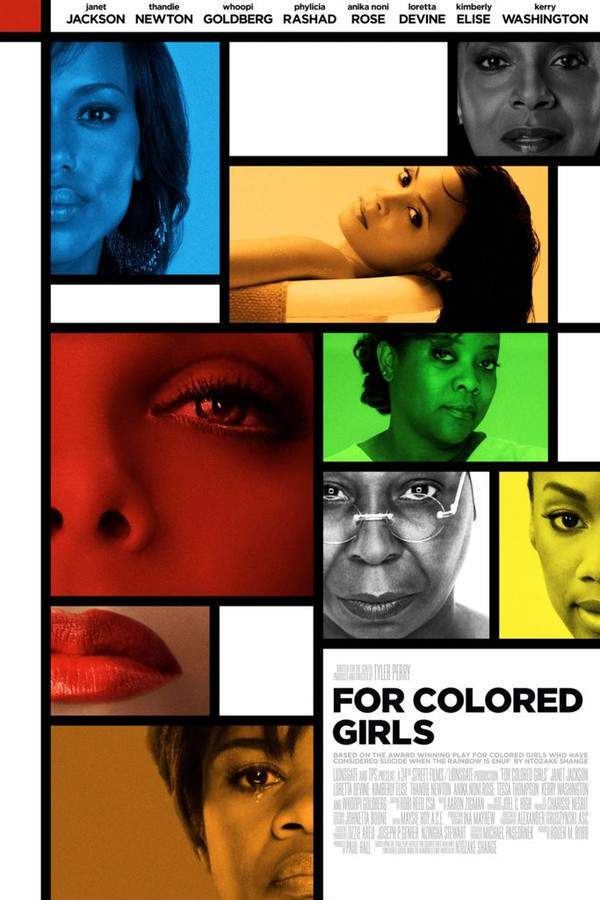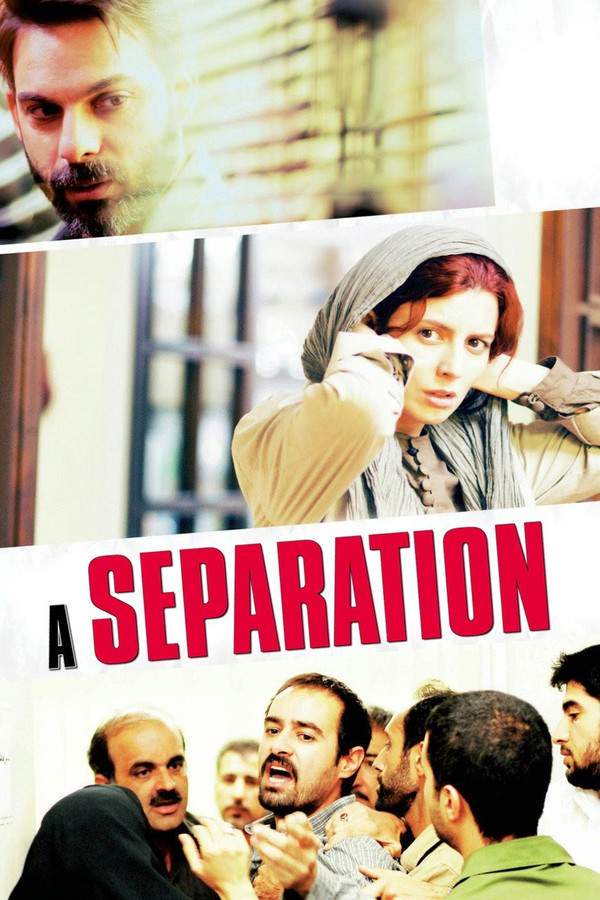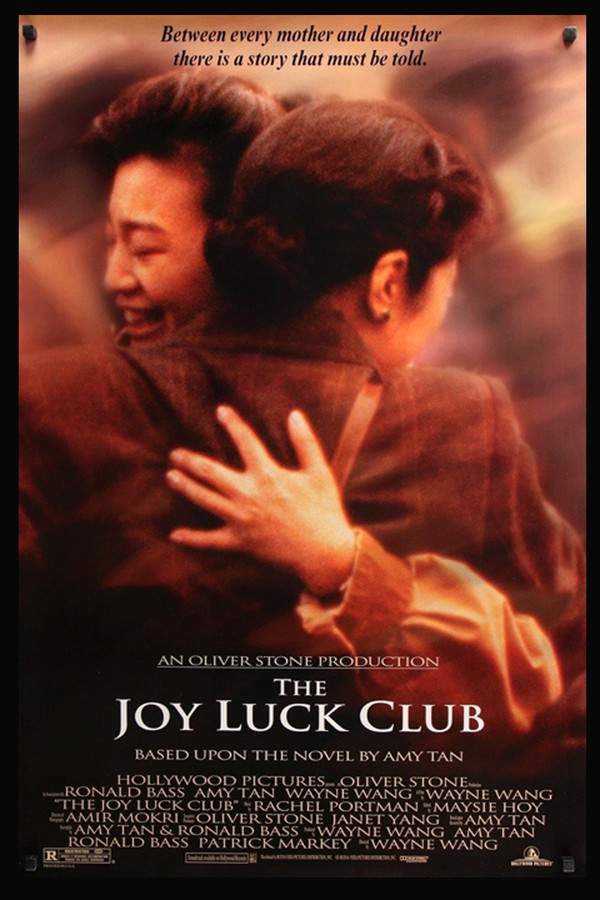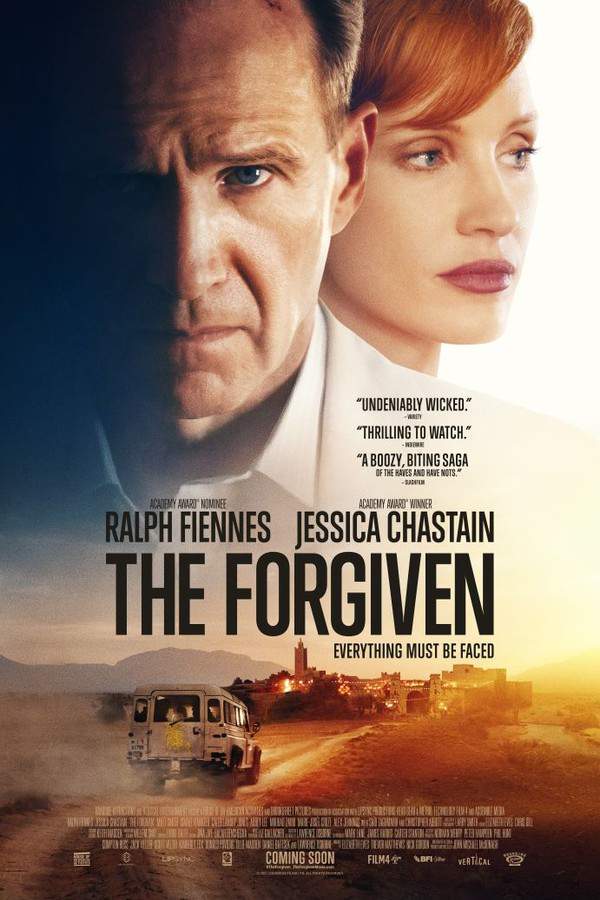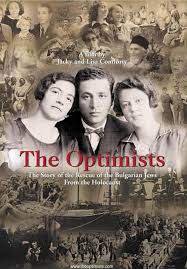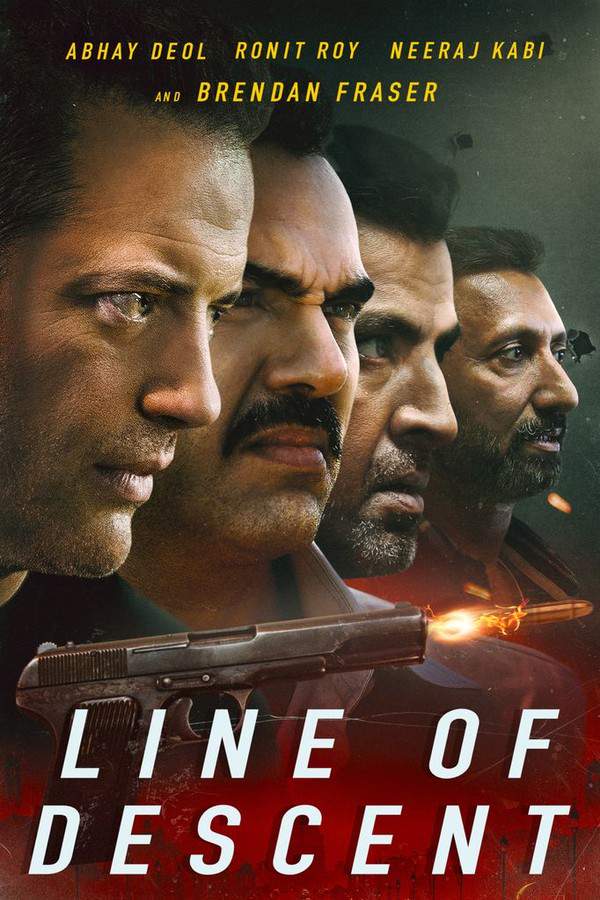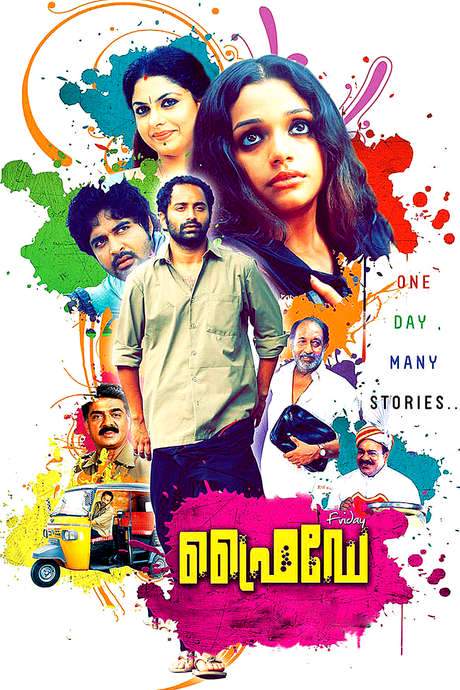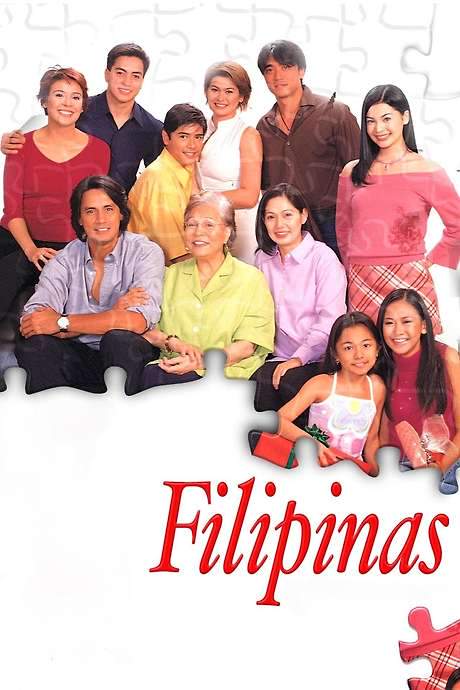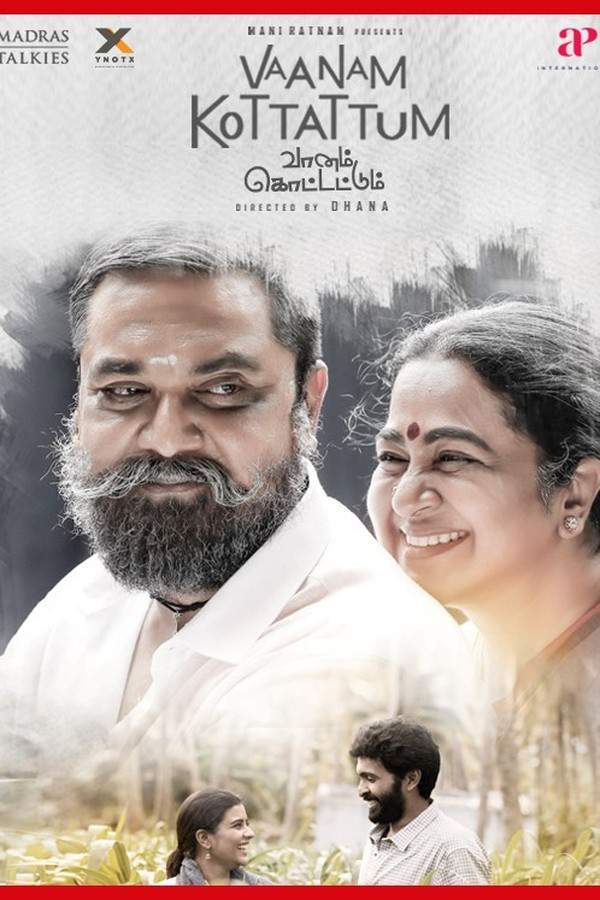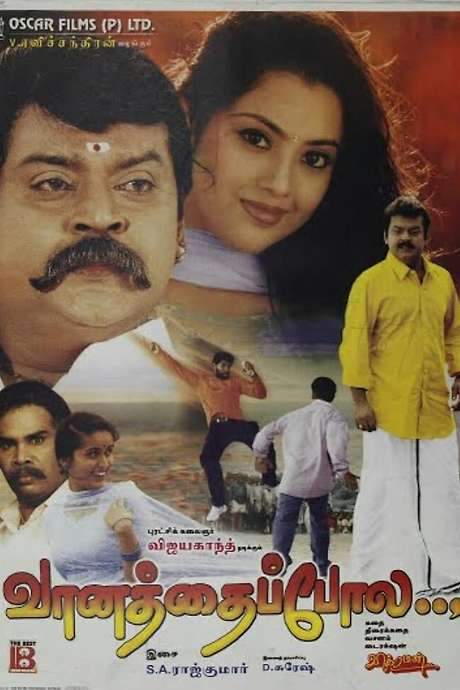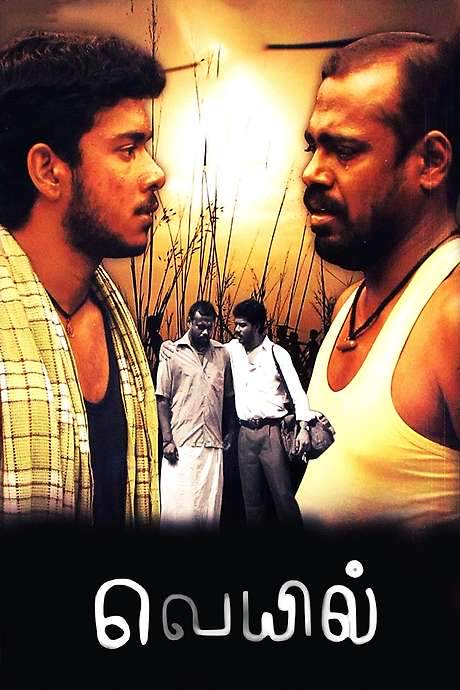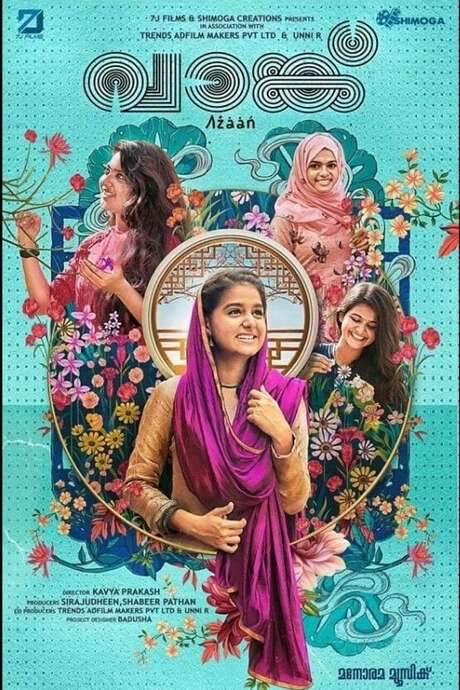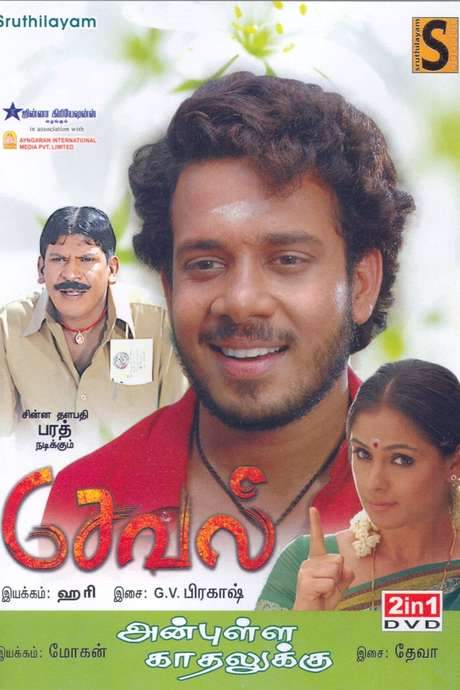
Vaaname Ellai
Year: 1992
Runtime: 146 mins
Language: Tamil
Director: K. Balachander
Five strangers from disparate backgrounds, each disillusioned with their lives, agree to commit suicide together. Instead, they embark on a 100‑day pact to live joyfully as a group. Along the way an orphaned baby arrives, and they draw strength from disabled achievers and their advice, prompting the youths to choose a brave, lasting future instead of death, ultimately embracing life.
Warning: spoilers below!
Haven’t seen Vaaname Ellai yet? This summary contains major spoilers. Bookmark the page, watch the movie, and come back for the full breakdown. If you're ready, scroll on and relive the story!
Vaaname Ellai (1992) – Full Plot Summary & Ending Explained
Read the complete plot breakdown of Vaaname Ellai (1992), including all key story events, major twists, and the ending explained in detail. Discover what really happened—and what it all means.
Five young people—Deepak, [Anand Babu], the idealist son of a judge who unravels the gifts his father showers him as bribes; Gautham, [Babloo Prithiveeraj], the pampered son of a wealthy business patriarch with a stubborn heart; Karpagam, [Madhoo], who runs from an arranged marriage with a very rich old man; Akhila, [Y. Vijaya], Suguna’s widowed mother who fears the class gap; and Pasupathy, [Gowtham Sundararajan], a bright, low‑caste youth who cannot find work despite his qualifications—are drawn together by a shared sense of disillusionment and destiny at a bleak crossroads. Each one carries a different burden: Deepak’s world of bribes and hollow luxuries, Gautham’s clash of love with a calculated family plan, Karpagam’s fight against an oppressive marriage, Akhila’s protective concern for Suguna’s future, and Pasupathy’s struggle to break through caste barriers to a fair chance at life. As these stories braid together, the film paints a portrait of a society that rewards appearances over virtue and leaves young people feeling unheard and unheard‑of, even by those meant to shelter them.
Deepak’s crisis unfurls when he confronts the moral rot around him. [Anand Babu] plays the role of a son who begins to see his father’s money as bribes rather than blessings, especially after he witnesses the father’s enormous bribe in a courtroom dispute. A homemade video song about corruption becomes a mirror that shouts back at him, prompting a charged confrontation with a friend who hints at their family’s complicity. His anger erupts, and the line between right and wrong starts to blur as he lashes out. The homefront collapses too when his mother starts justifying the very corruption Deepak objects to, helping to reveal how luxury—the bungalow, the car, the Yamaha bike—has been built on a hollow pedestal. The tension sharpens when Deepak’s own longing for a more righteous world collides with his father’s world of influence and power, forcing him to consider a radical break from the life he has known.
Across from him sits Gautham, [Babloo Prithiveeraj], the spoiled son of a powerful patriarch known as M. R. T. His love for Suguna is tested by his father’s plans to seal a strategic marriage to someone who would expand the family’s business might. Akhila, Suguna’s mother, [Y. Vijaya], sees the risk in such unions, while Suguna herself resists the stratified ladder that would place her in a role she never chose. The plan to stop the couple from marrying escalates into a web of social pressure and manipulation, with M. R. T. proposing to step in by turning Gautham into a stepchild of circumstance—making their romance appear as a rebellion against a system designed to keep them apart. Suguna’s defiance grows, and she begins to push back in bold, provocative ways, testing the boundaries of loyalty, respect, and family duty.
Karpagam, portrayed by [Madhoo], is another thread in this web, fleeing a marriage to a much older, extraordinarily wealthy man. The escape speaks to a broader theme of autonomy and the cost of societal expectations, while Akhila’s protective stance adds emotional weight to the dilemma. The third thread centers on a young girl named Subathra, introduced as a victim of grave violence; Subathra is brought to the fold as a person whose experiences illuminate the harsh realities many face, and Ramya Krishnan embodies this weighty character with quiet gravity.
Meanwhile, Pasupathy, [Gowtham Sundararajan], is introduced as a poor youth who earns top marks yet cannot secure employment because of the caste system that shadows his opportunities. His plight highlights the structural barriers that compound the personal pains of the others, even as he proves to be one of the few voices urging caution and hope amid despair. The group also intersects with other figures—Paathi Pandiyan, [Madhan Bob], a voice of hard‑edged realism who observes the larger social machinery at work, while Chevva, [Dhamu], and Deepak’s Friend, [Poovilangu Mohan], populate the supporting world that surrounds the five main characters, each contributing to the texture of the story in small but meaningful ways.
At the suicide point, the five youths finally decide to test life for 100 days, promising themselves a glimmer of joy amid mourning. They sing laments for futures they fear they may never have, all while trying to keep the spark of life alive in the face of a culture that seems set on ending it all too quickly. Pasupathy, however, makes an earnest attempt to pull them back from the edge, arguing that death is no joke and that there is value in trying to change their minds. The group’s doubts begin to bloom, and the plan starts to crack, even as the fear of the unknown intensifies.
Then a baby arrives at their doorstep, an unexpected responsibility that tugs at their hearts and complicates their resolve. The pressure of caring for a child binds them more tightly to one another and to a sense of duty they had not anticipated. The situation catches up with them when Deepak’s father, [Sethu Vinayagam], tracks his son’s letters with difficulty, arriving to confront the group with a heavier weight than any courtroom bribe could ever carry. His grief—he mourns his son’s death and blames the remaining youths for the tragedy—shadows the house and tests their will to go on. The group’s initial plan to die is hastily reconsidered as they witness the impact of loss and the stark consequences of their choices.
What follows is a revelation: Pasupathy’s death is faked, orchestrated to shock and awaken the remaining friends. He and his father arrange for the child to be placed with an orphanage, a move designed to force the youths to reassess the point of their own lives. The film then introduces encounters with people living with disabilities who show that a full life can still be rich, meaningful, and joyful. The two paths—death and life—collide with renewed energy, and the five youths, inspired by the resilience and courage they meet, choose to live. They decide to embrace a long, brave life, drawing strength from the hardships they have faced and the humanity they have seen in those around them, including the courage of the disabled individuals they meet along the way. The journey concludes with a hard‑won sense that hope can outshine despair, and that a future built on care, responsibility, and solidarity is within reach for those willing to fight for it.
Last Updated: October 09, 2025 at 11:17
Explore Movie Threads
Discover curated groups of movies connected by mood, themes, and story style. Browse collections built around emotion, atmosphere, and narrative focus to easily find films that match what you feel like watching right now.
Movies like Vaaname Ellai about finding hope after despair
Stories where characters hit rock bottom but find a reason to live.If you were moved by how Vaaname Ellai turns a suicide pact into a story of resilience, you'll appreciate these films. This list features movies like Vaaname Ellai that begin with deep sadness but evolve into powerful, life-affirming journeys where characters choose to embrace life against all odds.
Narrative Summary
The narrative pattern here is a decisive turn from darkness to light. Stories typically start by establishing the characters' profound disillusionment or trauma. A catalyst—often a person, an event, or a collective pact—disrupts their path towards self-destruction, initiating a slow, steady process of healing and the formation of a supportive, found family.
Why These Movies?
These movies are grouped together because they share a specific emotional trajectory: a heavy, intense beginning balanced by a hopeful, happy ending. They resonate with viewers seeking stories that honestly confront darkness but ultimately celebrate the human capacity for renewal and connection.
Found family dramas with social themes like Vaaname Ellai
Outcasts and strangers become a new family to survive a harsh world.Fans of the makeshift family in Vaaname Ellai will love these movies. Discover similar stories about groups of strangers or outcasts who, facing social injustice and personal crises, form an unbreakable bond and become a new family, offering each other strength and a fresh start.
Narrative Summary
The narrative centers on a group of characters, each carrying their own burdens stemming from social ills like discrimination, poverty, or corruption. Their individual struggles become intertwined, forcing them to rely on one another. The plot methodically develops their complex relationships, showing how they challenge each other and collectively find a strength they lacked alone.
Why These Movies?
Movies in this thread share a core focus on non-traditional family units born from hardship. They combine a heavy emotional weight with a steady, complex plot structure, balancing critique of societal problems with a hopeful tone centered on human solidarity and resilience.
Unlock the Full Story of Vaaname Ellai
Don't stop at just watching — explore Vaaname Ellai in full detail. From the complete plot summary and scene-by-scene timeline to character breakdowns, thematic analysis, and a deep dive into the ending — every page helps you truly understand what Vaaname Ellai is all about. Plus, discover what's next after the movie.
Vaaname Ellai Timeline
Track the full timeline of Vaaname Ellai with every major event arranged chronologically. Perfect for decoding non-linear storytelling, flashbacks, or parallel narratives with a clear scene-by-scene breakdown.

Characters, Settings & Themes in Vaaname Ellai
Discover the characters, locations, and core themes that shape Vaaname Ellai. Get insights into symbolic elements, setting significance, and deeper narrative meaning — ideal for thematic analysis and movie breakdowns.

Vaaname Ellai Spoiler-Free Summary
Get a quick, spoiler-free overview of Vaaname Ellai that covers the main plot points and key details without revealing any major twists or spoilers. Perfect for those who want to know what to expect before diving in.

More About Vaaname Ellai
Visit What's After the Movie to explore more about Vaaname Ellai: box office results, cast and crew info, production details, post-credit scenes, and external links — all in one place for movie fans and researchers.

Similar Movies to Vaaname Ellai
Discover movies like Vaaname Ellai that share similar genres, themes, and storytelling elements. Whether you’re drawn to the atmosphere, character arcs, or plot structure, these curated recommendations will help you explore more films you’ll love.
Explore More About Movie Vaaname Ellai
Vaaname Ellai (1992) Scene-by-Scene Movie Timeline
Vaaname Ellai (1992) Movie Characters, Themes & Settings
Vaaname Ellai (1992) Spoiler-Free Summary & Key Flow
Movies Like Vaaname Ellai – Similar Titles You’ll Enjoy
Vaanam Kottattum (2020) Detailed Story Recap
Enakku Vaaitha Adimaigal (2017) Spoiler-Packed Plot Recap
Vaanathaippola (2000) Story Summary & Characters
Anbe Sivam (2003) Film Overview & Timeline
Veyyil (2006) Story Summary & Characters
Vaidehi Kathirunthal (1984) Ending Explained & Film Insights
Vaanku (2021) Complete Plot Breakdown
Vasantha Maligai (1972) Full Movie Breakdown
Vaaranam Aayiram (2008) Full Movie Breakdown
Vaali (1999) Ending Explained & Film Insights
Sarvam (2009) Full Summary & Key Details
Vaada Raha… I Promise (2009) Movie Recap & Themes
Once More (1997) Spoiler-Packed Plot Recap
Seval (2008) Movie Recap & Themes
Rajavin Parvaiyile (1995) Ending Explained & Film Insights

